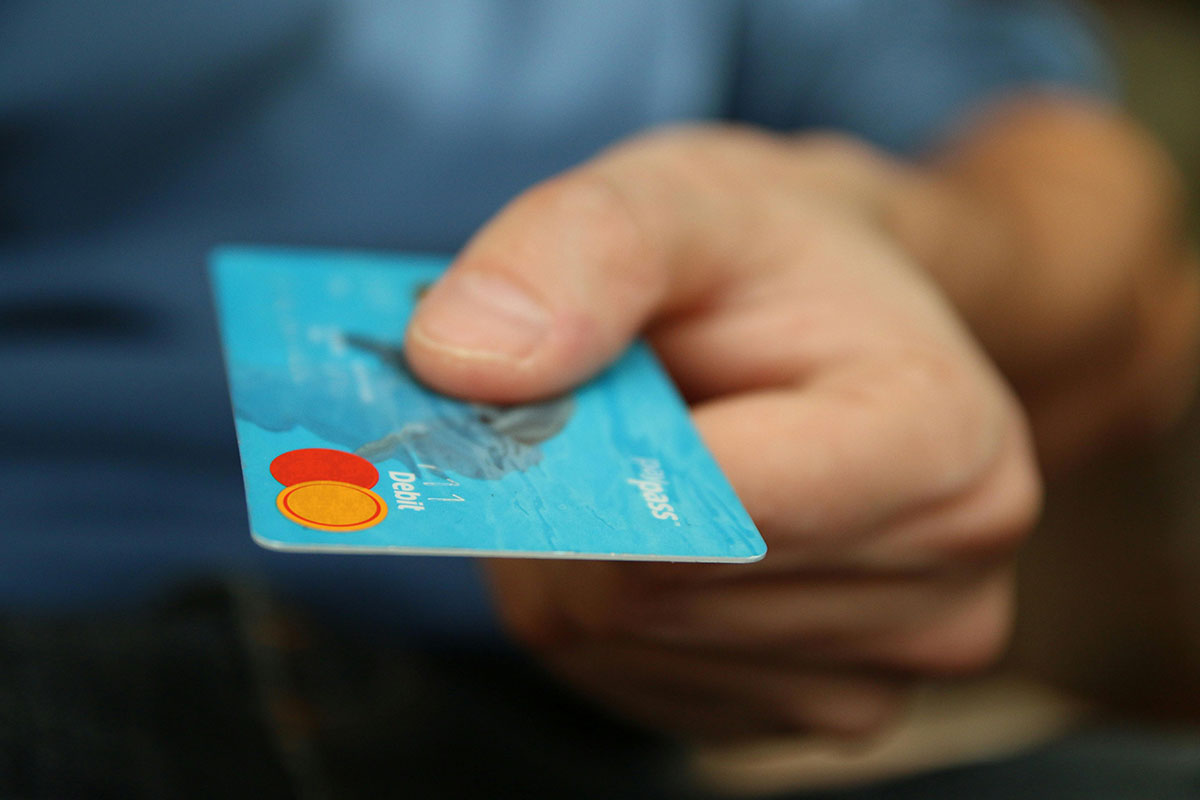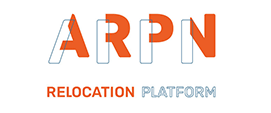
How do I open a bank account in the Netherlands?
Index
Opening a bank account in the Netherlands is one of the first steps to settling in and enjoying life as an expat. With a local bank account, you’ll have access to all the financial tools you need to manage your money, pay bills, and receive your salary. By understanding the options available and choosing the right bank for your needs, you’ll be well on your way to a smooth financial journey in the Netherlands.
Most transactions in the Netherlands are carried out through digital payments, either by bank transfer or with a debit card. Credit cards are accepted in most hotels, restaurants and online shops. However, most shops only accept debit cards or cash payments.
Most Dutch banks offer a variety of account types, but for expats, the main options are:
– Current account (Betaalrekening): This is the standard account for daily transactions, such as receiving your salary, paying bills, and using a debit card. It often comes with features like online banking, mobile banking apps, and the ability to set up automatic payments.
– Savings account (Spaarrekening): If you want to save money separately from your current account, a savings account is a good option. Dutch savings accounts usually offer interest, although rates may be low.
– Joint account: If you are living with a partner or spouse, you might want to open a joint account. This allows both account holders to access and manage the account equally.
– Business account: If you plan to start a business in the Netherlands, you will need a business account. This account is separate from personal accounts and typically comes with specific features suited for managing business finances.
Opening a Dutch bank account is relatively straightforward, but the process can vary slightly depending on the bank. Here’s a general guide to getting started:
1. Choose a bank
First, you’ll need to decide which bank best suits your needs. Some of the largest banks in the Netherlands include:
– ING: One of the two most expat-friendly banks we have in the Netherlands. ING is one of the largest and most widely used banks in the Netherlands. They offer English-language support, easy-to-use mobile and online banking, and a variety of accounts for expats. ING is particularly known for its straightforward onboarding process and its focus on customer service.
– ABN AMRO: The second expat-friendly bank. ABN AMRO is another major Dutch bank with a solid reputation. They offer services in English, including expat banking packages that cater to newcomers. ABN AMRO is also known for its strong digital banking platform.
– Other banks such as Rabobank and Bunq are also banks that are chosen by expats, however from our experience they’re less experienced with expats than ING or ABN AMRO.
2. Provide documentation
Typically, you’ll need to provide the following documents to open an account:
– A valid passport or European ID card
– A residence permit (if applicable)
– Proof of address in the Netherlands, such as a rental contract or the extract of your registration with the municipality.
– A BSN (Burgerservicenummer), which is the Dutch social security number. This can be obtained after registering with the Dutch municipality (gemeente).
– Tax ID in your home country (called TIN)
– Proof of employment (such as a work contract) or a student ID (if you’re studying).
3. Go to the bank
While some banks allow you to open an account online, others may require you to visit a branch in person, especially if you’re an expat. During your visit, the bank will verify your documents, and you’ll be able to set up your account.
4. Activate your account
Once your account is open, you’ll receive a debit card and PIN. You’ll get access to online banking, which you can use to manage your finances, view transactions, and make transfers.
Opening a bank account is usually without costs. However, keeping a bank account in the Netherlands does imply costs:
1) Monthly account maintenance fees:
– Basic current account: €2 to €3 per month
– Joint account: around €3.50 to €5 per month
– Premium or all-in packages: €5 to €10 per month (includes extra services like insurance or multiple cards)
2) Transaction fees for international (non-SEPA) transfers: €5 to €10 + currency exchange margin
3) ATM withdrawal fees outside the Eurozone: €2 to €4 per withdrawal + currency conversion fee (1.5% to 2.5%)
4) Debit card issuance is usually included in the monthly fee
5) Replacement card: around €7 to €10
Anywr Netherlands can help you to open a Dutch bank account, even before you have your BSN. This means that you’ll have your bank account earlier!






